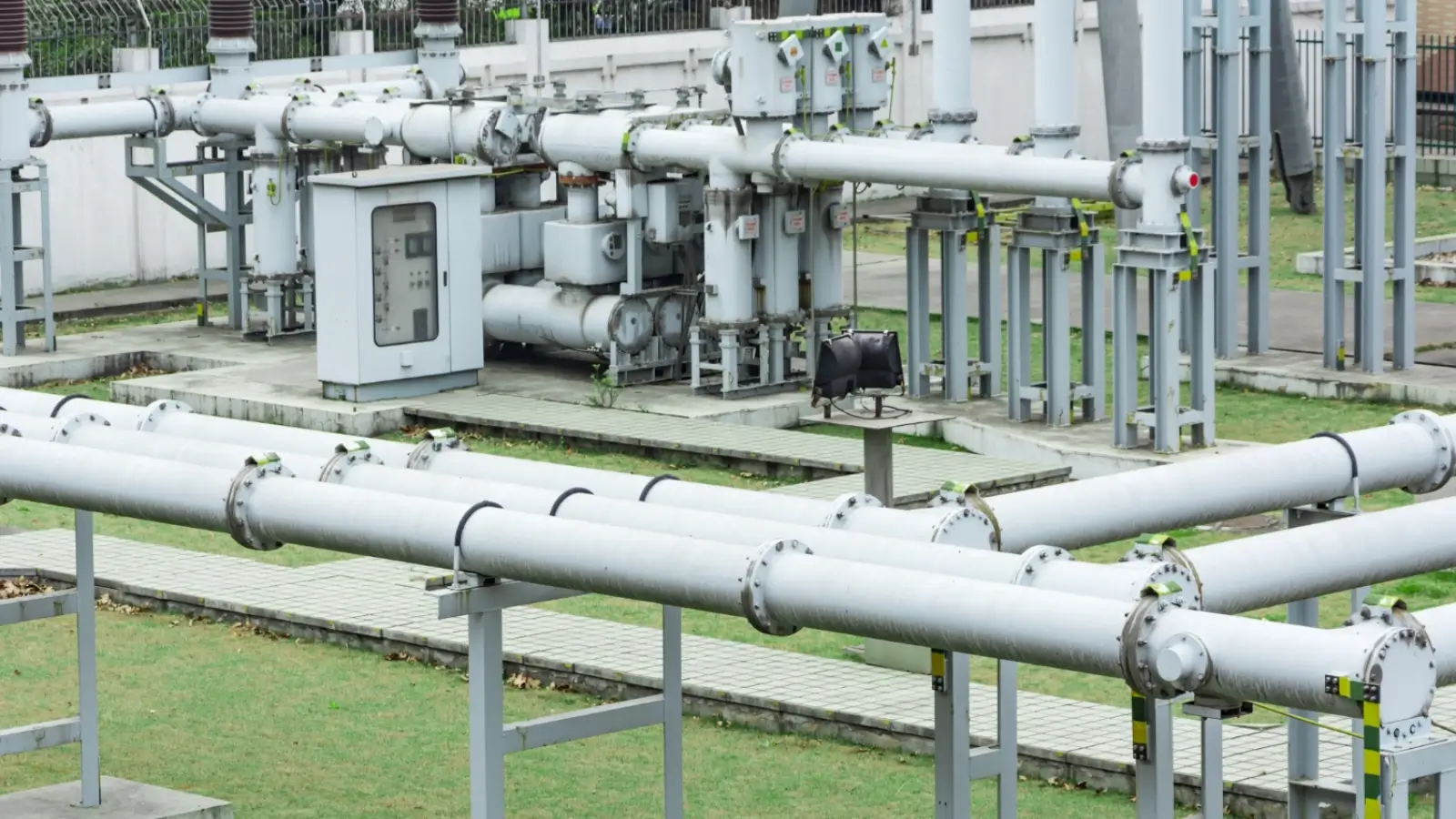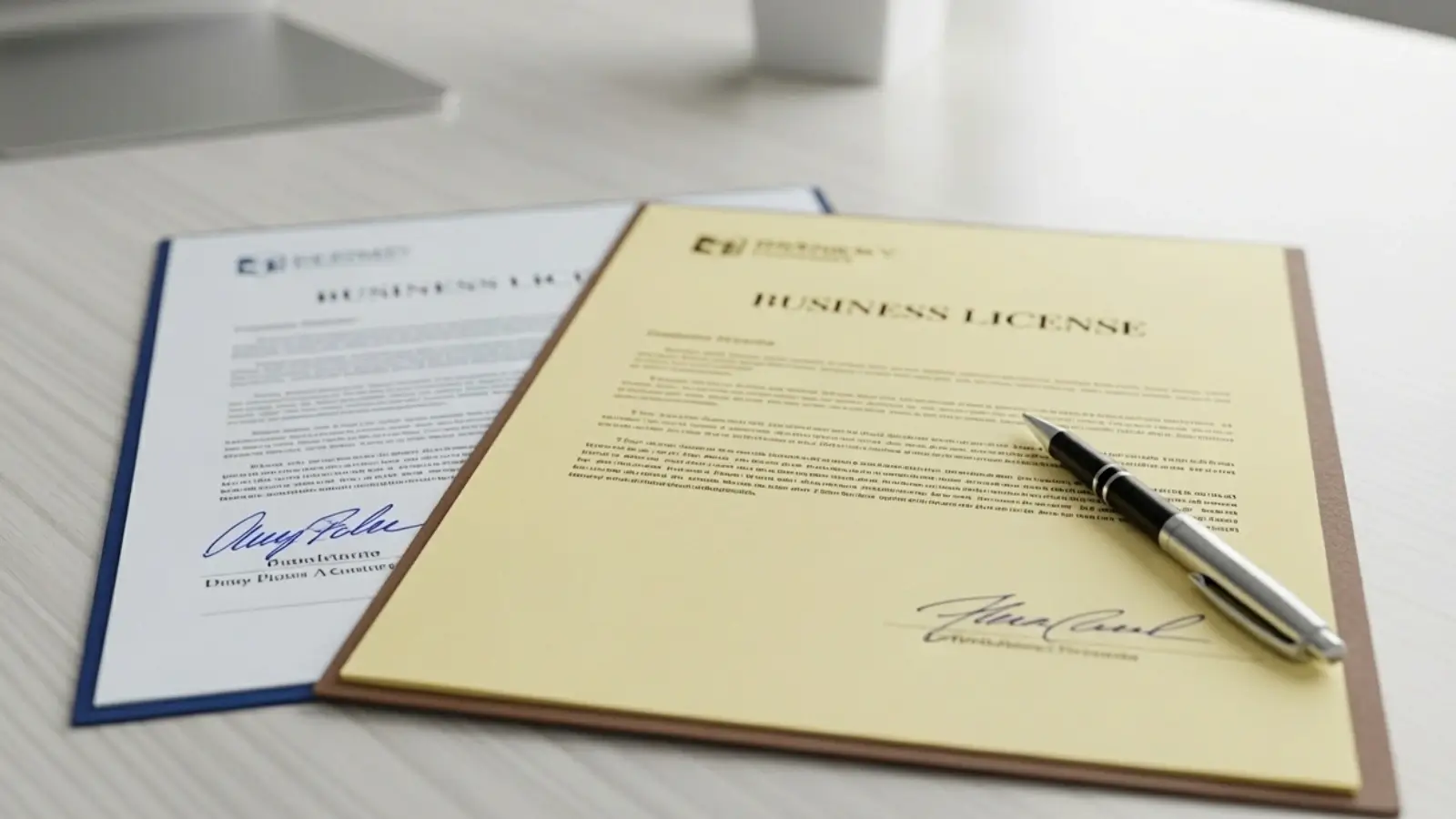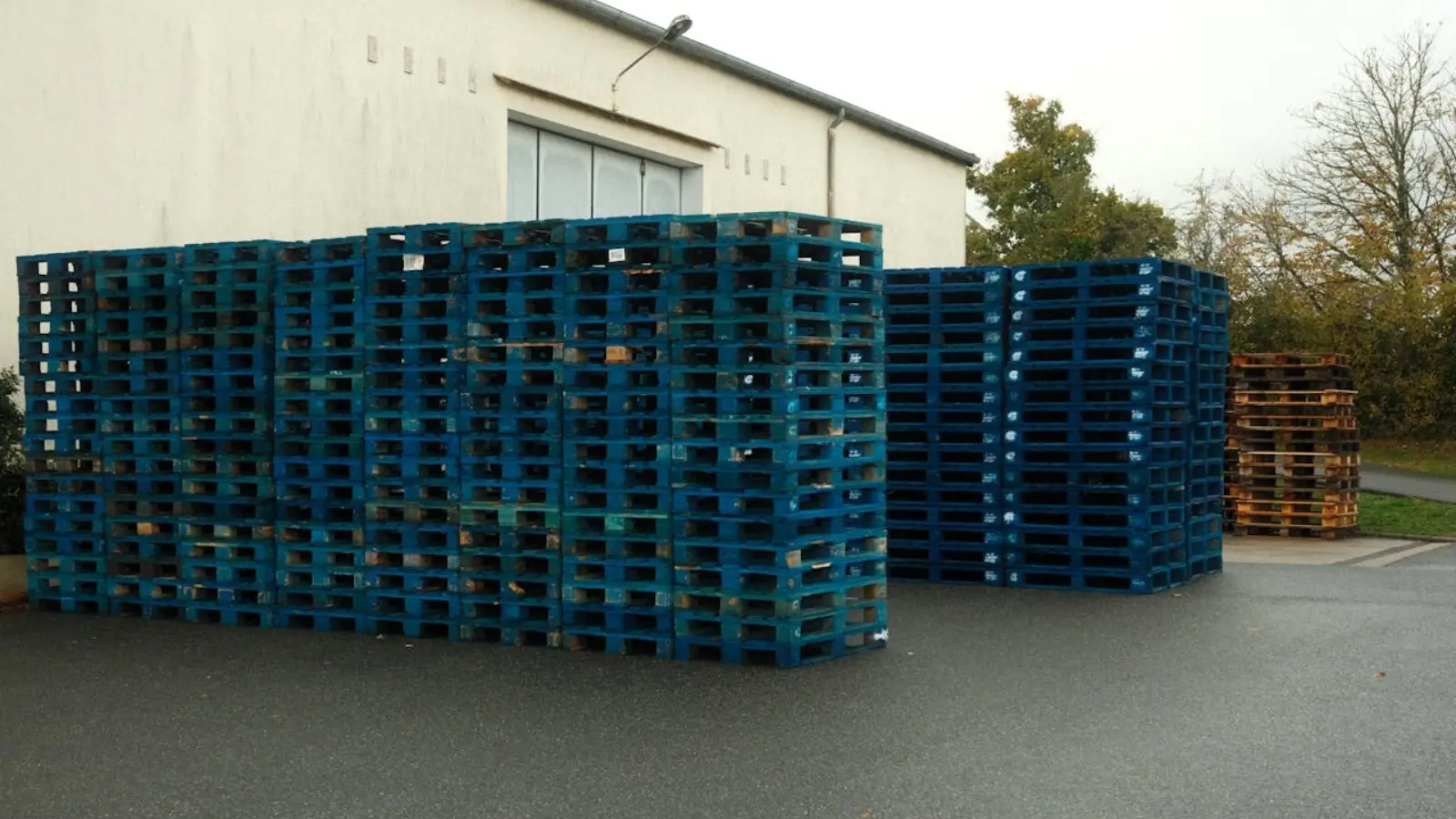Accessibility Considerations for School and Company Picnics in Central NJ

As we plan for upcoming school and company picnics in Central NJ, it’s imperative to prioritize inclusivity through thoughtful accessibility evaluations. Key aspects to take into account include venue selection, transportation, dietary needs, and activity planning. Addressing these aspects not only guarantees compliance with accessibility laws but also fosters an environment that is welcoming to all participants. The question is, how can we effectively integrate these evaluations into our planning process to assure a successful, inclusive event?
Understanding Accessibility in Picnic Planning
While planning a picnic, it is essential to take into account accessibility in all its dimensions. Ensuring an inclusive experience necessitates thoughtful picnic planning, central to which is the consideration of physical, sensory, and cognitive accessibility. Physically, the venue should be easily reachable and navigable by all, including those with mobility impairments. Sensory considerations involve accommodating individuals with visual or auditory impairments, for instance, providing clear signage or audio guides. Cognitive accessibility could entail straightforward instructions and signage. Community engagement is a crucial aspect of planning accessible picnics, as it provides a platform for incorporating diverse perspectives and needs. Ultimately, thorough planning fosters inclusivity, making picnics enjoyable for everyone.
Choosing Accessible Locations in Central NJ
In the heart of New Jersey, a wealth of picnic destinations offer diverse accessibility options, making them ideal for all visitors. When choosing a company picnic venue in Central NJ, consider the range of outdoor facilities available. These should ideally include paved pathways, accessible restrooms, and picnic tables designed with ample space for wheelchair access. Parks such as the Washington Crossing State Park and the Mercer County Park provide these facilities, guaranteeing an inclusive outdoor experience for everyone. Prior to the event, it’s advisable to visit potential locations to verify their accessibility features. By prioritizing accessibility in your venue selection, you’ll assure a successful and inclusive picnic experience for all participants, regardless of their physical abilities.
Accessible Transportation Options
Having identified suitable accessible picnic locations, the next consideration is how to get there. Accessible transportation is a critical aspect of planning inclusive school and company picnics. Central NJ offers diverse public transport options that cater to the mobility needs of all attendees. These include wheelchair-accessible buses and trains, equipped with ramps and special seating. Additionally, some locations might be near bus or rail stations, providing convenient access. For places not easily reached by public transport, considering shuttle services is prudent. Shuttle services can be tailored to individual needs, often equipped with wheelchair lifts and plenty of space. To promote inclusivity, it is essential to communicate these options clearly and provide assistance in planning the journey if needed.
Catering for Dietary Restrictions
Respect for diversity extends beyond physical accessibility—it encompasses attention to dietary restrictions as well. Successful picnic planning in Central NJ requires thoughtful menu options that cater to a variety of dietary needs. This includes providing alternatives for those with allergies, vegetarians, vegans, and those following religious or cultural dietary laws. Allergy awareness is key in this process; labeling foods clearly can help prevent harmful reactions. Offering a range of dishes allows everyone to find something they can enjoy, fostering an inclusive picnic atmosphere. By addressing dietary restrictions, schools and companies can guarantee that all attendees feel respected and included, making the picnic a memorable event for everyone.
Planning Accessible Activities and Games
The next vital aspect to take into account while planning an inclusive picnic event is the selection and adaptation of activities and games. It is essential to guarantee that games are chosen such that everyone can participate, and provisions are made for those with physical limitations. Furthermore, considerations around sensory accessibility can further enhance the inclusivity and enjoyment of these outdoor engagements for all attendees.
Inclusive Game Selection
Why not enhance the enjoyment of your picnic by carefully selecting inclusive games and activities? This step is essential in ensuring all participants, regardless of ability, can engage fully and feel included. In Central NJ, many schools and companies have begun to incorporate team building games that are designed to be inclusive. These activities often involve problem-solving tasks that require collaboration and communication, rather than physical prowess. Additionally, consider including adaptive sports in your picnic agenda. These sports are modified versions of traditional games, allowing individuals with varying abilities to participate. By prioritizing such inclusive game selection, you can create a more welcoming, enjoyable, and accessible event for everyone.
Adaptations for Physical Activities
Diving into the domain of adaptive physical activities, it’s important to highlight that these modifications are vital to creating an inclusive environment. Adaptive sports are a significant element in this scenario. They provide individuals facing mobility challenges the opportunity to participate actively and enjoy the picnic event. Activities such as wheelchair basketball, adaptive soccer, or bocce can be integrated to cater to individuals with different physical capabilities. Additionally, the activity area should be designed to minimize barriers, with clear paths and accessible equipment. It’s beneficial to have trained personnel on hand to facilitate these games and guarantee safety. By carefully considering these adaptations, we can make certain that all attendees feel included and can fully participate in the physical activities at picnics.
Ensuring Sensory Accessibility
While we focus on physical adaptations, it’s equally imperative to guarantee sensory accessibility when planning activities and games for a picnic. Sensory friendly environments and activities are integral to inclusive event planning. These considerations can help individuals with sensory sensitivities, such as those with autism, feel more comfortable and engaged.
Sensory friendly activities can include quiet zones, tactile games, and non-competitive activities that allow for individual exploration. Additionally, the environment can be adapted by reducing excessive noise, controlling lighting levels, and providing clear signage for accessibility features.
Providing Inclusive Communication Methods
Inclusivity at picnics extends beyond physical accommodations, it must consider communication methods as well. To shape an environment that welcomes all guests, one must contemplate the availability of sign language interpreters, the utilization of visual aids, and the incorporation of assistive communication devices. Each of these factors plays a critical role in fostering an accessible, enjoyable picnic experience for everyone.
Sign Language Interpreters Availability
Guaranteeing the availability of sign language interpreters is a significant step towards fostering an inclusive picnic environment. This is particularly important for school and company picnics located in Central NJ, where a diverse mix of attendees will be present. To guarantee robust participation, it’s essential to include trained professionals proficient in sign language. Interpreter training is imperative for the effective communication and comprehension of those who rely on sign language for interaction. Offering this support promotes inclusivity by allowing individuals with hearing impairments to fully engage in the event. It also demonstrates a commitment to creating an accessible environment, thereby strengthening community bonds. As a result, prioritizing the presence of sign language interpreters at picnics is a fundamental aspect of accessibility planning.
Visual Aids Utilization
To optimize communication for all attendees, utilizing visual aids proves to be a powerful strategy for enhancing accessibility at picnics. Ensuring visual communication is a part of the event planning process makes the picnic experience more inclusive and enjoyable for all. This can be achieved through means like graphic organizers, charts, and diagrams to convey information effectively.
Graphic organizers, in particular, can help attendees comprehend the event schedule, location layout, or even meal options in a simplified, visual format. Moreover, these tools can be beneficial for individuals who may have language or learning differences, providing them with an alternative way to understand and interact with the event. Ultimately, the thoughtful utilization of visual aids can greatly improve the accessibility and inclusivity of picnics in Central NJ.
Assistive Communication Devices
Building upon the concept of utilizing visual aids for improved accessibility, it’s important to discuss the role of assistive communication devices. These tools enhance the picnic experience for attendees with communication difficulties. Augmentative communication devices can help those with language impairments express themselves. These can range from simple picture boards to complex computerized systems. Speech generating devices, another form of assistive communication technology, convert text or symbols into verbal speech. These devices can be exceptionally beneficial for attendees with limited or no speech capabilities, allowing them to actively participate in conversations and activities. Inclusivity at picnics, be it school or company, in Central NJ, can be greatly improved by integrating these assistive communication solutions.
Importance of Accessible Seating Arrangements
While planning a picnic, one may overlook the significance of arranging accessible seating, yet it plays an essential role in creating an inclusive environment. Accessible furniture options guarantee that all attendees, regardless of physical abilities, can comfortably participate. This can include chairs with adjustable heights, adequate support, and sufficient space for mobility aids. Seating layout strategies should also be examined to confirm smooth navigation for all. This involves arranging furniture in a manner that allows easy movement and interaction, avoiding tight clusters or isolated areas. By considering these aspects, we can create a welcoming and inclusive environment, demonstrating that everyone’s needs are valued and respected. As a result, accessible seating arrangements are imperative for a successful picnic.
Overcoming Potential Accessibility Challenges
Although planning a picnic may seem straightforward, identifying and overcoming potential accessibility challenges is key to ensuring that all attendees can fully participate and enjoy. The first step is to conduct a thorough assessment of the proposed site, noting any potential obstacles that could impede access. This can include uneven terrain, lack of ramps for wheelchair users, or absence of appropriate restroom facilities. Effective picnic logistics planning should then incorporate solutions to these accessibility challenges. For example, temporary ramps could be installed, and portable, accessible restrooms could be hired. Additionally, clearly marked, accessible parking and passageways can be arranged. By proactively addressing these potential challenges, we can create an inclusive, enjoyable picnic experience for everyone.
Frequently Asked Questions
What Are Some Nearby Emergency Medical Facilities in Central NJ?
Several emergency medical facilities exist in Central NJ, including Robert Wood Johnson University Hospital and Hackensack Meridian Health. These facilities offer extensive emergency services and prompt medical response to any health crisis or medical emergency.
How Can We Include Individuals With Sensory Sensitivities at Our Picnic?
Inclusion of individuals with sensory sensitivities can be achieved by incorporating sensory-friendly activities, such as tactile games, and designating quiet zones for relaxation and retreat from overwhelming stimuli at the picnic.
How Can We Ensure the Safety of Picnic Participants With Mobility Impairments?
To guarantee safety for picnic participants with mobility impairments, it’s crucial to provide accessible pathways and accommodate mobility equipment. This includes implementing ramps, wide walkways, and stable surfaces suitable for wheelchairs and other aids.
What Type of Insurance Should We Consider for an Accessible Picnic?
For an accessible picnic, extensive liability coverage is essential. This should cover potential accidents or injuries. Additionally, special events insurance can provide protection from unforeseen circumstances, ensuring a secure and inclusive experience for all attendees.
Are There Any Local Organizations That Can Assist in Planning an Accessible Picnic?
Yes, several local advocacy groups and community resources in Central NJ can assist with planning an accessible picnic. They provide guidance on venue selection, accessible amenities, and necessary permits, ensuring inclusivity for all attendees.



















